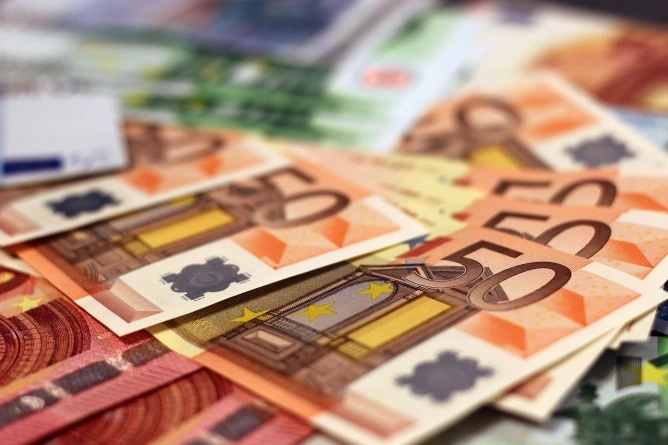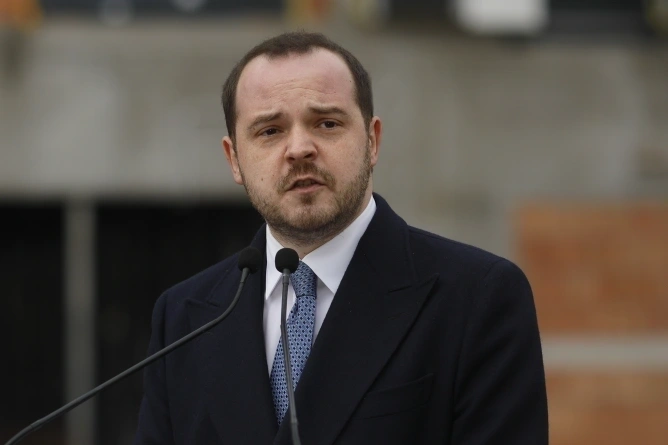1 November 10:16

International
Foto: Pixabay
In a press conference, Italy's Deputy Prime Minister, Antonio Tajani, called on the European Central Bank (ECB) to adopt urgent monetary easing measures, including lowering interest rates and resuming the asset purchase program. Tajani emphasized that the appreciation of the euro affects Italian exporters, especially in the context of tariffs. He warned that without these measures, the benefits of the recent trade agreement between the EU and the US could be nullified, complicating the situation for exporters.
Tajani explained that the quantitative easing program, suspended in 2022 due to inflation, is essential for injecting liquidity into the economy, facilitating access to credit. Although a reduction in interest rates could stimulate investment and consumption, there is a risk of fueling inflation. This pressure on the ECB is not new, as European politicians have previously called for the resumption of stimulus policies, but the ECB has reaffirmed that its main mandate is to maintain price stability.
Tajani explained that the quantitative easing program, suspended in 2022 due to inflation, is essential for injecting liquidity into the economy, facilitating access to credit. Although a reduction in interest rates could stimulate investment and consumption, there is a risk of fueling inflation. This pressure on the ECB is not new, as European politicians have previously called for the resumption of stimulus policies, but the ECB has reaffirmed that its main mandate is to maintain price stability.
Sources

Italia cere Băncii Centrale Europene măsuri pentru ieftinirea creditelor

Guvernul Italiei cere BCE să slăbească moneda euro, pentru a stimula exporturile

Italia cere Băncii Centrale Europene să "slăbească" moneda euro pentru a stimula exporturile, după ce instituția financiară europeană a menținut dobânda de referință la 2%

Italia cere Băncii Centrale Europene să „slăbească” moneda euro pentru a stimula exporturile, după ce instituția financiară europeană a menținut dobânda de referință la 2%







